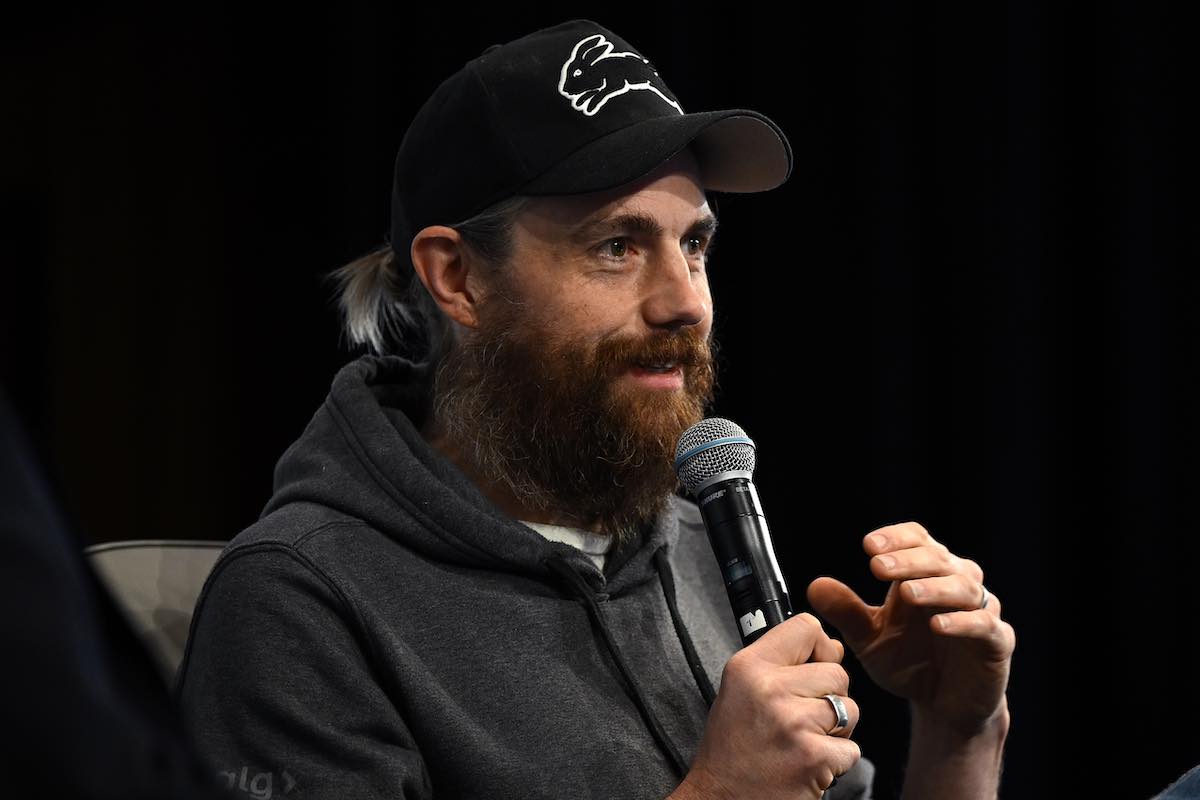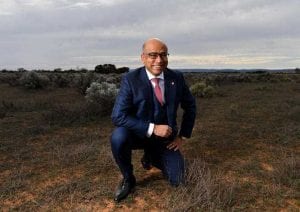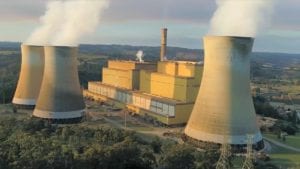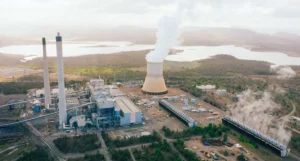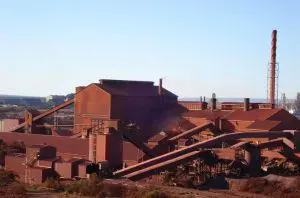Tech billionaire Mike Cannon-Brookes has publicly celebrated the historic board wins at AGL Energy that will likely accelerate the transition to renewables of Australia’s biggest polluter and the country’s oldest energy company.
“A great day in the future of Australia’s decarbonisation,” Cannon-Brookes said in a tweet late Tuesday after the the company’s AGM had finished earlier in the day. “Thank you to the incredible, talented individuals stepping up to help guide AGLEnergy into its next chapter.”
A great day in the future of Australia’s decarbonisation.
Thank you to the incredible, talented individuals stepping up to help guide @AGLEnergy into its next chapter 👊🏻
and the amazing shareholders who overwhelmingly supported them 👏🏻— Mike Cannon-Brookes 👨🏼💻🧢🇦🇺 (@mcannonbrookes) November 15, 2022
The remarkable events earlier in the day saw four independent directors – endorsed by Cannon-Brookes and his private investment firm Grok – secure overwhelming support to become directors of AGL, despite the fierce opposition of the existing board that has heavy links to the fossil fuel industry.
The newly elected directors include former Tesla Energy boss Mark Twiddell (the only one to get support from the AGL board), along with former Energy Security Board chair Kerry Schott, and directors Christine Holman and John Pollaers.
The board results means that – along with former Infigen and CEC boss Miles George – the AGL board now boasts a majority of directors who are committed to transitioning the company away from fossil fuels and towards renewables and storage as fast as possible.
The remaining AGL members, and particularly its chair Patricia McKenzie, are not convinced, and McKenzie doubled down on Tuesday by warning that efforts to meet the 1.5°C climate target (i.e. the early closure of coal generators) would risk the lights going out.
It is an extraordinary situation for the AGL board to find itself in, having first beaten off a combined bid by Canon-Brookes and Canadian funds management giant Brookfield, and then having to pull its proposed demerger in the face of opposition from Cannon-Brookes, who holds an 11.3 per cent stake, and other shareholders.
Brookfield has since moved on to Origin Energy, where an agreed joint bid will see the LNG assets spun off to a US gas company and Brookfield committing to spend $20 billion on wind, solar and storage before 2030.
In the meantime, investors continue to rush in to the market with big spending plans – such as Andrew Forrest’s newly announced 10GW renewable hub in north Queensland – and the world’s biggest companies are eyeing a share of the nascent offshore wind market.
State governments are also responding with new renewable energy targets (95 per cent by 2035 in Victoria, and 80 per cent by 2035 in Queensland), that effectively write the death notices for coal generation in those states.
NSW has begun the first of up to 20 large scale tenders designed to secure enough wind, solar and storage capacity that can replace the country’s largest coal fleet (more than 10GW) that could be mostly, if not entirely, shut down within 10 years.
But, as asset manager Geoff Wilson notes, it is not just governments, big investors and activist billionaires driving change. The events at AGL, he says, reinforce the fact that small shareholders also want change, and a transition to green energy.
“This is a positive step forward for shareholder democracy. It is important that all Australian company boards understand that they only serve at the wishes of their shareholders,” Wilson said.
“Today shareholders gave a strong message to the Chair and all AGL directors that they need to step up. With the new board members, it seems logical that the number of directors and their positions will result in change.”

